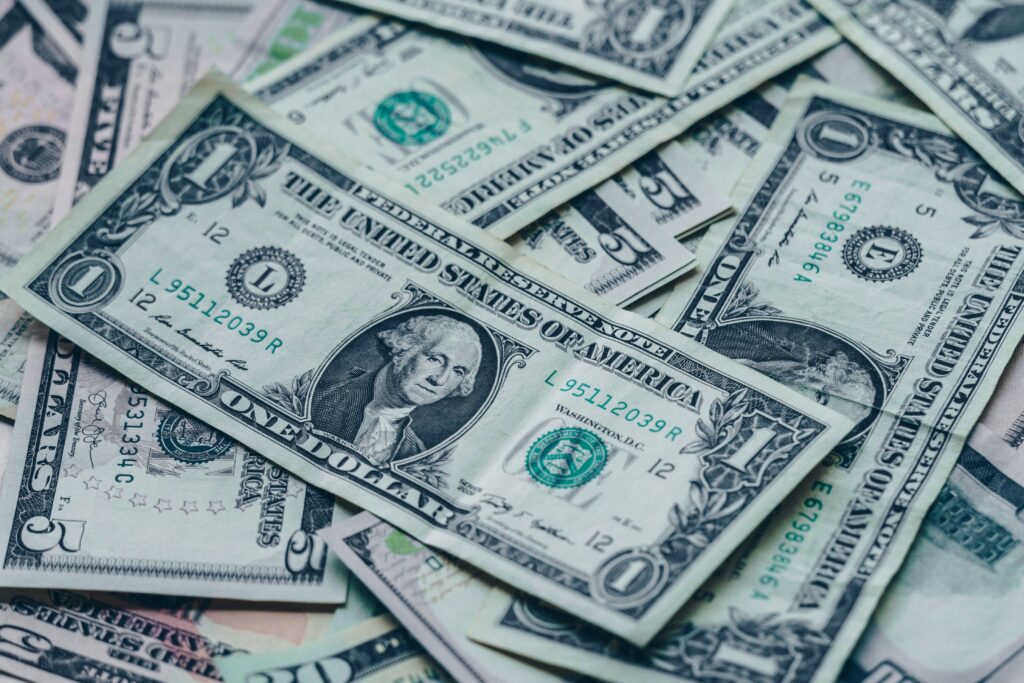Economic efficiency occurs when all the goods and elements of production within an economy are distributed or assigned to their most beneficial purposes and it is possible to eliminate or reduce waste. Economic efficiency is a condition where every resource is allocated optimally to benefit each person or organization efficiently with the goal of reducing waste and inefficiency. If an economy is efficient, any adjustments implemented to benefit one group will harm another. When it comes to production, products are made at their lowest price and the variables that are production inputs.
The terms used to describe the aspects of economic efficiency are the allocative effect productive efficiency, distributive efficiency as well as Pareto effectiveness. The level which is economically efficient is mostly an abstract concept; it is a threshold that is attainable but not achieved. Instead, economists analyze the quantity of loss, also referred by the term waste as a gap between pure efficiency and real-world efficiency to determine how effectively the economy operates.
Table of Contents
Economic Efficiency and Scarcity
The economic efficiency principles is based upon the notion the fact that resources can be in short supply. Thus, there aren’t enough resources to guarantee that all elements of the economy work at maximum efficiency throughout the day. The scarce resources should be divided in order to meet the requirements of an economy a sustainable manner while limit amounts of garbage that is produced. Ideal states are tied to the well-being of the people with maximum effectiveness, and also the most optimal level of happiness depending on the resources that are available.
Efficiency in Production, Allocation, and Distribution
Companies that are productive seek to increase their profits by generating the highest amount of revenue while minimizing expenses. In order to achieve this, they select the mix of inputs that reduce their expenses while generating as much output as they can. In this way they are efficient When all businesses within the economy operate this way that is referred to as efficient production.

Consumers too, strive to enhance their wellbeing through the consumption of combinations of consumer products that give the greatest satisfaction in their needs and wants with the least amount of cost. The resultant consumer demand directs efficient (through law that govern supply and demand) companies to create the appropriate amounts of consumer products in the economy to ensure the highest satisfaction for consumers with respect to the price of the inputs. If economic resources are distributed between different industries and firms (each in accordance with the principle of productivity efficiency) so that each yields the correct quantity of consumer goods, this is referred to as allocative effectiveness.
Additionally, since each person is different and has different preferences for goods, in accordance with the law of decreasing marginal utility that is why the distribution of the final goods and services in the economy is either efficient or inefficient. Distributive efficiency occurs when products of the economy are distributed in a way that each item is consumed by the person who value that product the highest when compared to the rest of the population. This type of efficiency is based on the assumption that the the value people attach to economic goods is quantifiable and then compared among people.
Economic Efficiency and Welfare
The measurement of economic efficiency is usually subjective, and relies on the assumptions of what the social goods known as welfare produced and how it helps consumers. In this context welfare refers to your standard of living as well as the level of comfort that people experience in the economic system. When the economy is at its highest effectiveness (when economic efficiency is in high productivity and efficiency) this means that the standard of living of one person is not able to be improved without lowering the overall wellbeing of the other. This is referred to as the Pareto effect.

Even if Pareto efficiency has been achieved however, the quality of life of every person in the economy might not be the same. Pareto efficiency is not a consideration for the issues of fairness, or equality for all people in the same economy. Instead the emphasis is on achieving an optimal operation in the usage of resources that are scarce or in short supply. The concept of efficiency is achieved when there is a distributed system in which one side’s position is not improved, without making the situation of another worse.